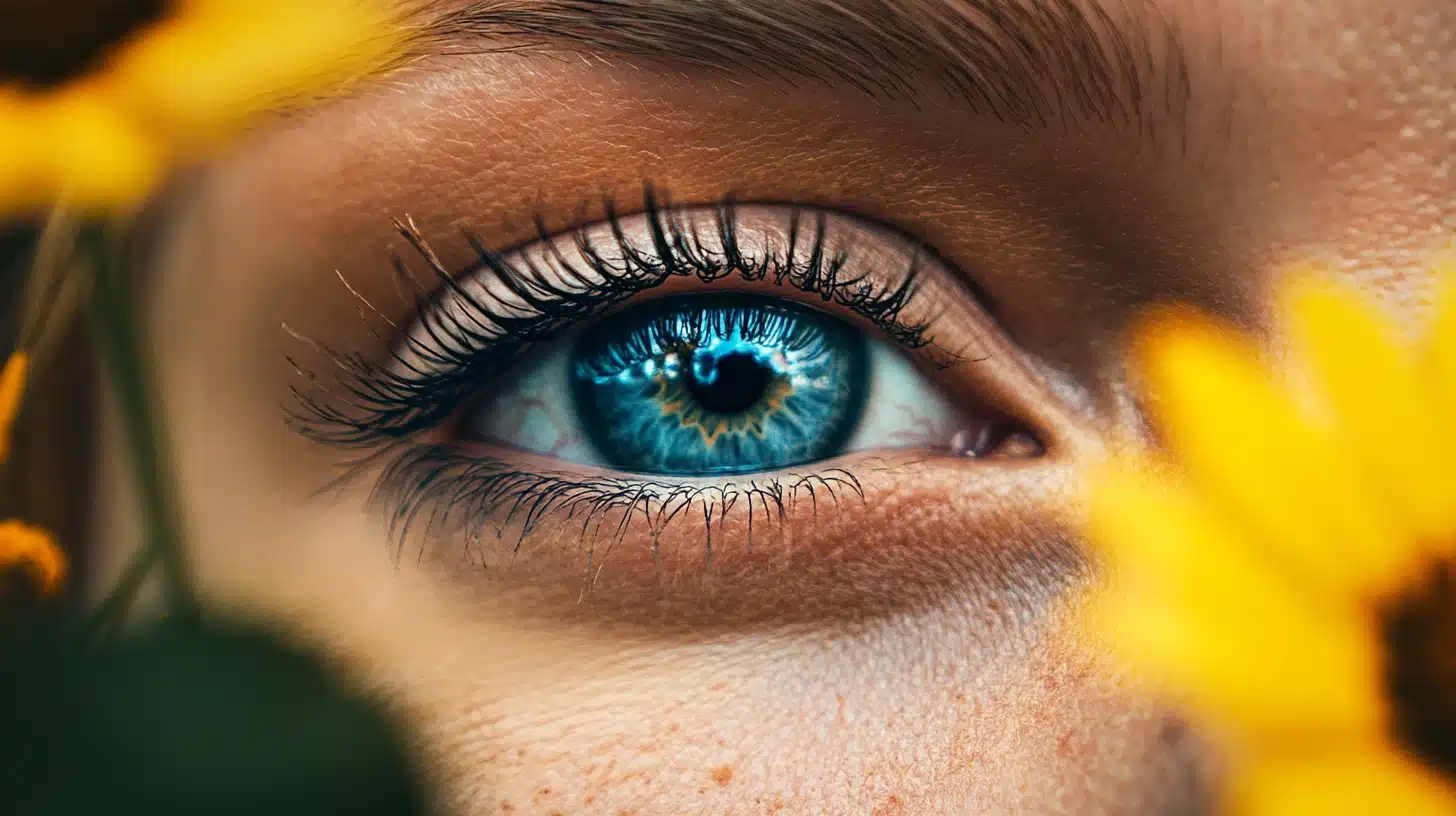If you’ve been struggling with irritated, gritty, or watery eyes and also experience seasonal or environmental allergies, there might be a strong connection between the two. In areas like Kennesaw, where allergens such as pollen, dust, and mould are common throughout much of the year, managing dry eye can feel like an uphill battle.
Understanding how allergies and dry eye are related can help you manage both more effectively—and potentially find some much-needed relief. An eye doctor in Kennesaw can help you get to the root of your symptoms.
The Overlap Between Allergies and Dry Eye
Dry eye and allergic conjunctivitis are two distinct conditions, but they can often occur together. Dry eye happens when your eyes don’t produce enough tears or the tears evaporate too quickly. Allergic conjunctivitis, on the other hand, is your body’s immune response to allergens like pollen, pet dander, or mould, leading to itchy, red, and watery eyes.
The problem arises when these two conditions feed off each other. Allergies can worsen dry eye symptoms by irritating the eyes and increasing inflammation, while dry eye can make the eyes more sensitive to allergens in the first place. It becomes a frustrating cycle of discomfort.
Why Kennesaw Residents Are More at Risk
Living in Kennesaw means experiencing a wide range of environmental allergens throughout the year. Springtime brings a heavy dose of pollen from blooming trees and plants, while fall can stir up ragweed and mould spores. Humid summers and mild winters allow allergens like mold and dust mites to linger longer than they do in drier or colder climates.
These environmental conditions increase the likelihood of allergic reactions, especially for people already prone to allergies. When allergens are constantly present, the eyes are exposed to a steady stream of potential irritants. If you’re also dealing with dry eye, it’s easy to see how these issues can snowball.
How Allergies Can Trigger or Worsen Dry Eye
Allergic reactions cause inflammation in the eyes. When your body senses an allergen, it releases histamines that trigger symptoms like itchiness, redness, and swelling. These reactions can interfere with the normal functioning of the tear film—the thin layer of fluid that keeps your eyes moist.
Over-the-counter antihistamines often used to control allergy symptoms, can make things worse. While they can reduce sneezing and congestion, many antihistamines have a drying effect on the body, including the eyes. This is particularly problematic for people already prone to dry eye symptoms.
Rubbing your eyes, which is common when they’re itchy due to allergies, can also damage the delicate surface of the eye and worsen inflammation. This can lead to a breakdown of the tear film and a further decrease in tear production.
Recognizing the Signs
Because allergy-related eye irritation and dry eye have overlapping symptoms, it can be tricky to know which one is causing your discomfort. Both can lead to red, itchy, and watery eyes, but there are a few clues that might help differentiate them.
If your symptoms are seasonal or triggered by exposure to pets, dust, or pollen, allergies may be the main issue. If your eyes feel gritty, tired, or sting even in the absence of these triggers—or if they tend to water more when you’re using a computer or driving at night—dry eye might be the primary concern.
Of course, many people deal with both, and their symptoms can fluctuate depending on environmental conditions and other health factors.
Managing Dry Eye and Allergies Together
The key to relief is often a combined approach. Start by reducing your exposure to allergens. In Kennesaw, that might mean keeping windows closed during high pollen days, using air purifiers indoors, and regularly washing bedding and curtains.
Artificial tears can help keep the eyes lubricated and flush out allergens. Look for preservative-free options, especially if you use them frequently. Cool compresses can soothe inflammation, and wearing sunglasses outside can help shield your eyes from airborne irritants.
If over-the-counter remedies aren’t helping, it may be worth discussing your symptoms with an eye care provider who understands the local environmental triggers in Kennesaw. In some cases, prescription treatments or in-office therapies might be necessary to manage chronic symptoms.
Conclusion
If your eyes are persistently red, painful, or affecting your daily life, it’s time to get a professional opinion. Long-term dry eye and uncontrolled allergies can lead to complications like corneal damage or vision issues if left untreated.
Living in Kennesaw means dealing with a unique mix of allergens, but that doesn’t mean you have to suffer in silence. With a better understanding of the link between allergies and dry eye—and a plan to address both—you can protect your vision and feel more comfortable year-round.

